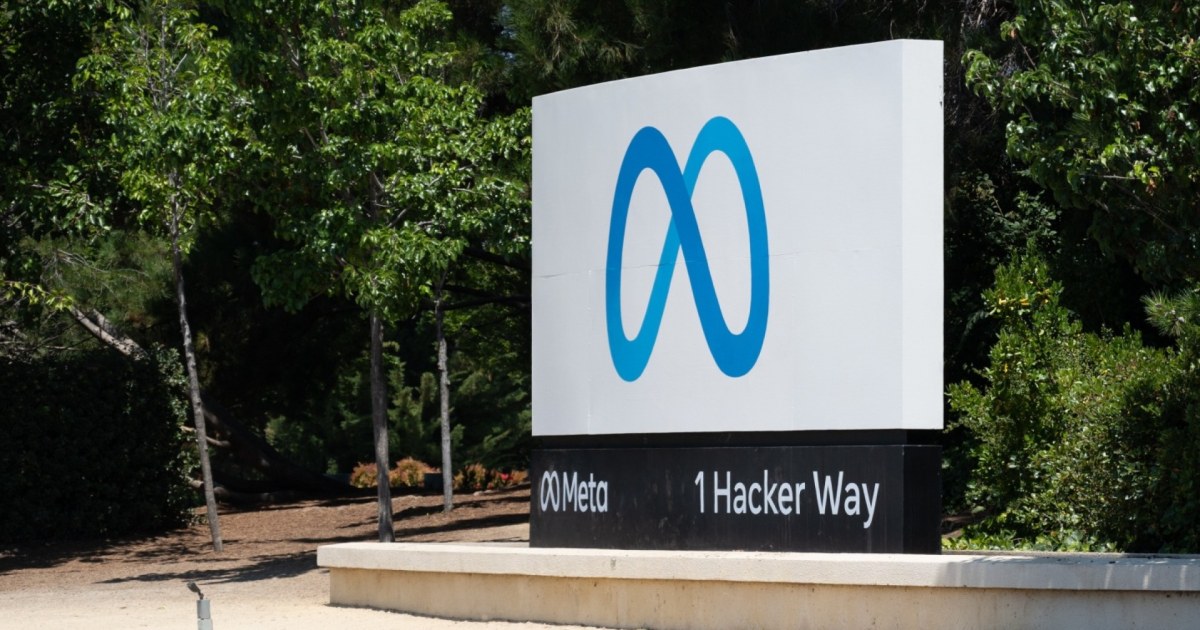Meta’s Bold Move: Tackling Turmoil in Political Hashtag Searches
In a digital age where information flows freely, the integrity of that information has come under scrutiny, particularly in the realm of political discourse. As social media platforms continue to play a pivotal role in shaping public opinion, the challenge of misinformation remains a pressing concern. In response, Meta, the parent company of Facebook, Instagram, and WhatsApp, has announced a series of innovative strategies aimed at enhancing the accuracy and reliability of political hashtag searches. This initiative not only addresses the rampant spread of false information but also seeks to improve the user experience when navigating the complexities of online political discussions.
Understanding the Landscape of Political Hashtag Searches
Hashtags have become a fundamental part of social media interactions, acting as a way to categorize content and engage users in conversations surrounding specific topics. However, the increasing use of political hashtags has also given rise to a torrent of misinformation, making it difficult for users to discern credible information from dubious claims. This has led to a growing demand for platforms like Meta to take responsibility in curbing the spread of misleading content.
Meta’s bold move to tackle turmoil in political hashtag searches comes at a crucial time. With the rise of polarized political climates globally, users are often met with a barrage of information that can skew perceptions and influence opinions based on false narratives. By focusing on the accuracy of political hashtags, Meta is aiming to empower users with reliable information and foster healthier online discourse.
New Strategies for Enhanced Accuracy
Meta’s initiative includes several key strategies designed to improve the reliability of political hashtag searches:
- Fact-Checking Partnerships: Meta has partnered with reputable fact-checking organizations to review content linked to political hashtags. This collaboration will help identify and flag misinformation, providing users with context and clarity.
- Algorithm Adjustments: The algorithms governing hashtag searches will be adjusted to prioritize content from verified sources. This ensures that users are more likely to encounter accurate information when searching for politically charged hashtags.
- User Education Campaigns: Meta plans to launch educational campaigns aimed at informing users about the importance of verifying information before sharing. These campaigns will empower users to critically evaluate the content they encounter.
- Transparency Reports: Regular transparency reports detailing the actions taken against misinformation will be published. This will help build trust with users and provide insight into the effectiveness of the strategies implemented.
The Role of User Engagement
While Meta’s strategies are a significant step forward, user engagement plays a critical role in combating misinformation. Users must be proactive in questioning the validity of the content they encounter. Meta encourages users to report misleading information and engage in discussions that promote factual accuracy.
Moreover, users can play an integral part in the success of this initiative by:
- Fact-Checking Before Sharing: Taking a moment to verify the information before sharing it can prevent the spread of false narratives.
- Engaging in Constructive Conversations: Participating in discussions that promote understanding and factual accuracy can help create a more informed community.
The Impact on Political Discourse
Meta’s commitment to enhancing the reliability of political hashtag searches is expected to have a profound impact on political discourse. By reducing the prevalence of misinformation, users can engage in more meaningful conversations about political issues. This shift may foster a more informed electorate, ultimately contributing to a healthier democratic process.
Furthermore, as users begin to rely more on verified information, the platform may see a reduction in divisive rhetoric, allowing for more constructive dialogue. This change is crucial, as the ability to engage in civil discourse is fundamental to democracy.
Challenges Ahead
Despite the promising nature of Meta’s bold move to tackle turmoil in political hashtag searches, several challenges remain. The rapid evolution of technology and the internet means that misinformation can spread quickly, often outpacing the measures put in place to combat it. Additionally, the sheer volume of content generated daily makes it difficult to monitor and fact-check every piece of information effectively.
Furthermore, there is the challenge of ensuring that the measures taken do not infringe on free speech. Striking a balance between combating misinformation and allowing users the freedom to express their opinions is a delicate task that Meta must navigate carefully.
Looking to the Future
As Meta rolls out its new strategies, the eyes of the public and policymakers alike will be watching closely. The success of this initiative will depend on the collaboration between Meta, fact-checkers, and users. If successful, it could serve as a model for other social media platforms grappling with similar challenges.
Moreover, this initiative could pave the way for a broader cultural shift towards accountability in digital spaces. As users become more discerning consumers of information, the pressure on platforms to uphold high standards of accuracy will only increase.
Conclusion
Meta’s bold move to improve the accuracy and reliability of political hashtag searches is a step in the right direction towards addressing the turmoil of misinformation that plagues online political discourse. By implementing strategies focused on fact-checking, algorithm adjustments, user education, and transparency, Meta aims to create a safer and more informed environment for users navigating political conversations.
While challenges remain, the initiative reflects a growing recognition of the responsibility that social media platforms have in shaping public discourse. As this unfolds, it will be essential for both Meta and its users to embrace a collaborative approach to ensure that the digital landscape becomes a space for informed dialogue and constructive discourse. The future of political engagement on social media may hinge on these efforts, and the hope is that it leads to a more informed and engaged citizenry.
See more Future Tech Daily

